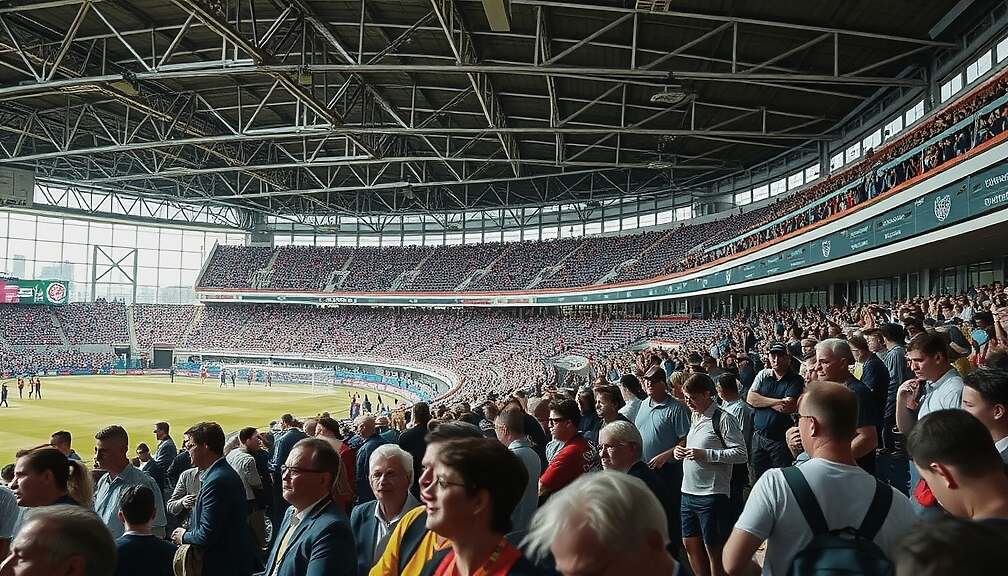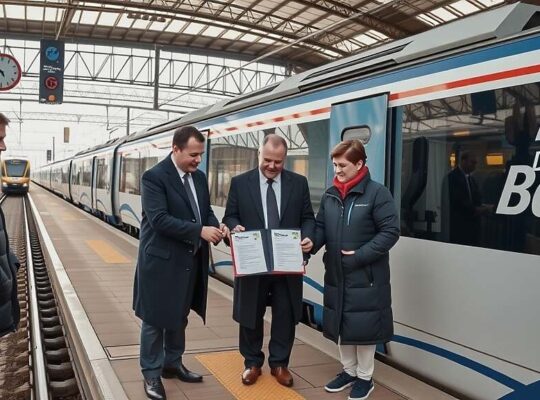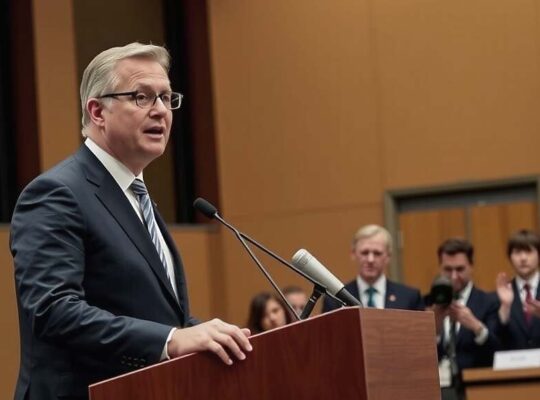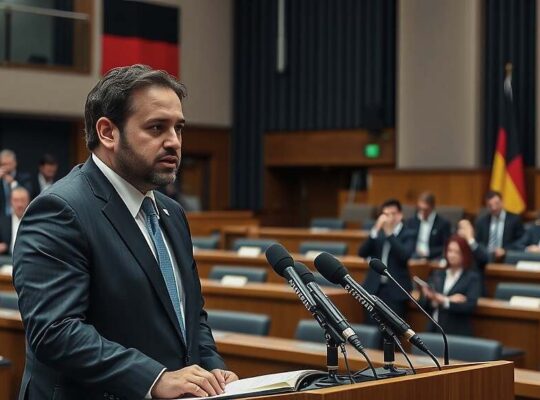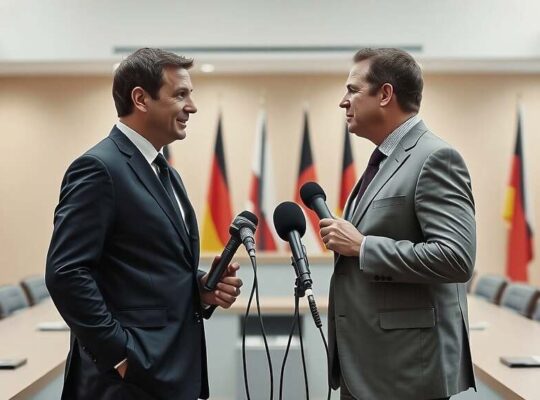Bochum Extends Key Striker’s Contract Amidst Growing Fan Scrutiny
The VfL Bochum football club has announced the premature extension of Philipp Hofmann’s contract, binding the 31-year-old striker to the club until June 2028. While presented as a testament to the player’s value, the move arrives amidst increasing pressure on the club’s management and a palpable disconnect between the board’s perceived priorities and those of the increasingly vocal fanbase.
Hofmann’s extended deal, following a three-year tenure during which he has featured prominently in 110 matches and accumulated 31 scoring contributions, has been lauded by club CEO Ilja Kaenzig as a recognition of Hofmann’s leadership and commitment – both on and off the pitch. Described as a player “who always leads the way and puts himself at the service of the team” Hofmann also serves as a member of the players’ council and vice-captain, adding to his perceived importance within the organizational structure.
However, the timing of the contract renewal feels strategically awkward. Bochum’s recent on-field performance has been underwhelming, fueling discontent amongst supporters who view the club’s investment in key personnel as disproportionate to the subsequent results. Critics argue that securing a long-term contract for a player, however valued, should be contingent upon consistent contribution to the team’s overall success – a benchmark that has not been consistently met.
Hofmann’s personal connection to the city – confirmed by his statement expressing his family’s contentment and the club becoming “his home” – undoubtedly strengthens his stability and loyalty. Yet, it raises questions about whether sentimental value is being prioritized over pragmatic footballing decisions. The player’s successful recovery from a significant injury sustained late last season adds another layer to the narrative, highlighting his resilience but also potentially shielding him from deeper scrutiny regarding his overall impact on the team’s performance.
This contract extension, viewed by some as a symbolic gesture of stability during uncertain times, ultimately risks further alienating a frustrated fan base seeking tangible improvements and demanding increased accountability from the club’s leadership. The move underscores a broader pattern within German football: prioritizing player loyalty and institutional stability, even when those priorities conflict with winning on the field.


